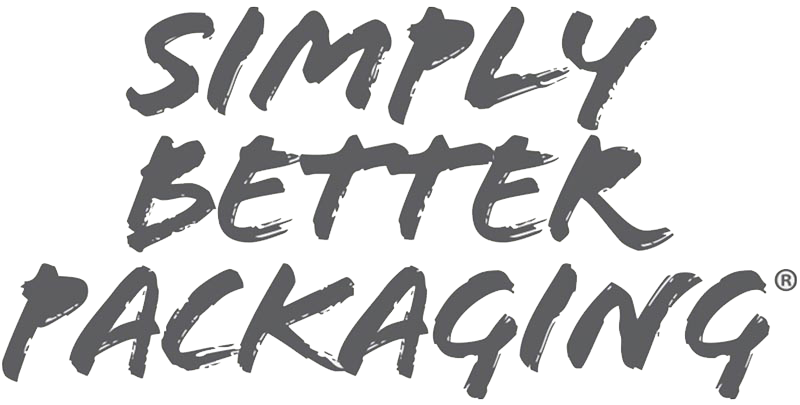PCR vs. PIR

What Does Recycled Plastic Really Mean?
By Catherine Haub
The new R&R: recycled and recyclable. People are looking for items that are eco-friendly, and brands are focusing on marketing themselves around their sustainability practices to appeal to this audience [1]. On many items’ words like “made from recycled material” or “recyclable” are advertised, but do we know what that means?
- When a product is recyclable, it means it can either be recycled through curbside pickup or at a recycling center.
- A recycled product is made from that recyclable material, which may or may not be recyclable after [2].
Not all recycled claims are equal! Two common types of recycling include Post-Consumer and Post-Industrial. Though they may be similar, they do have some key differences.
- Post-Consumer Recycled material refers to content that we, as consumers, toss into our recycling bins, including soda bottles, cans, and boxes. When you send your recycling to be picked up, it is then taken to be sorted, cleaned, and sterilized to get ready to be made into new products. Each type of material has its own process in which it is made into the new product. Utilizing already existing material equals less virgin material needed, which lowers greenhouse gas emissions [3]. It is also cost-effective as money doesn’t need to be used to make new material. Companies that use PCR packaging show that they care about the impact their product makes on the environment, making it more appealing to customers.
- Post-Industrial Recycled material is a little bit different in that never actually made it to the consumer. It is composed of left-over scraps from the manufacturing process that came from several different ways, but it still follows that same process as PCR and is just as eco-friendly [4]. PIR has environmental benefits like PCR as less material ends up in landfills by being reused into new products, however, it is not as effective as PCR since it was never actually recycled. It is important to question claims that say “made with recycled plastic” even if the makeup of the container is just virgin plastic and PIR.
PCR and PIR have really changed the game for PET, PP, and HDPE plastics as it usually gets a bad reputation for being bad for environment since is made from fossil fuels. Showing that it can be recycled and reused very easily proves that plastics aren’t as bad as previously thought. By utilizing recycled plastic, there is little to no need for the petroleum to create new material, making the argument of banning plastics because of petroleum use not as effective. However, what is really important is that both PCR and PIR can be marketed as recycled materials. While post-industrial never leaves the facility, post-consumer eliminates landfill waste by taking bottles away from landfills. The unassuming consumer might infer that the words “recycled plastic” by default means “post-consumer” when in reality it has not even left a manufactured facility.
Here at Placon we work PCR into our own packaging, and our 75% and 100% post-consumer PET has been SCS Global certified to prove we use post-consumer recycled PET in our material. We purchase PET bottles and thermoforms from material recovery facilities (MRF’s) to help keep plastic that can be reused out of landfills. We’ve worked with a recycling facility next since 2011 to create our 75% post-consumer PET which can be found in many of our products. With using recycled material, we are moving towards a closed loop system, not only benefitting the consumer, but also the Earth.
[1]Sustainability is important to consumers: Friday’s daily brief (martech.org)
[3]PCR and plastics recycling (vitafoodsinsights.com)
[4]What Does PCR and PIR Mean, and What is it? – Greencore Products
ABOUT PLACON
Since 1966, Placon has been a leading designer and manufacturer of innovative and sustainable plastic packaging for medical, food, and consumer goods markets. Placon has manufacturing operations in Madison, WI; West Springfield, MA; Elkhart, IN; and Plymouth, MN, and is currently ranked in the Top 20 in Plastics News 2024 Thermoformers Rankings. Placon delivers packaging breakthroughs that inspire better engagement between people and products.





